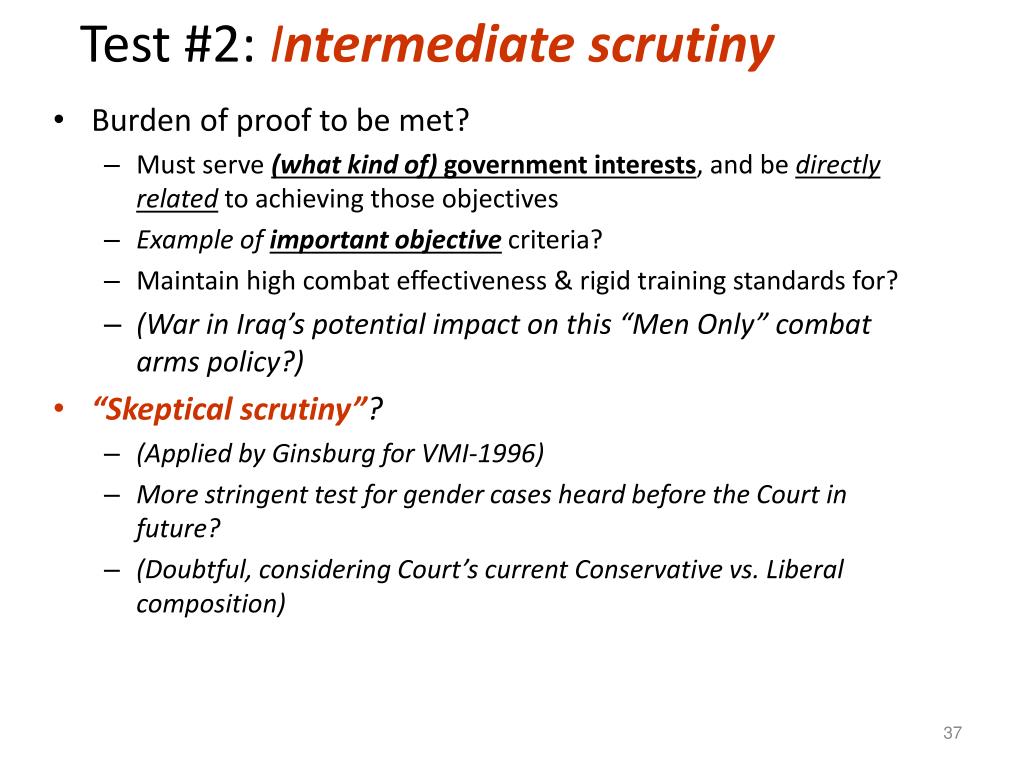

And those other motives - economic redistribution through the regulation of private contract - were simply not constitutionally legitimate under the Court’s then-conception of economic liberty. led the Court to suspect that the law was, “in reality, passed from other motives.” 9 × 9. at 61 (requiring “some fair ground, reasonable in and of itself, to say that there is material danger to the public health or to the health of the employés, if the hours of labor are not curtailed”). rather, the ineffectual manner in which the statute served those interests 8 × 8. Supreme Court’s recognition of a personal right to economic liberty under the Due Process Clause reached its apogee in 1905 with the Court’s invalidation of a New York statute that limited bakers’ working hours, for example, the Court did not impugn as insufficiently weighty the state’s asserted interests in “safeguard the public health” and the health of the bakers 7 × 7. 45, 57 (1905) (requiring only that the challenged state action have a “direct relation, as a means to an end, and the end itself. And up through the early twentieth century, even state action that encroached on constitutionally protected rights was lawful as long as it possessed a rational relationship to some legitimate end. (4 Wheat.) 316, 421 (1819).Īt both the state and federal levels, then, any legitimate state interest can in most cases provide a constitutionally sufficient justification for state action.

As Chief Justice Marshall once famously defined the scope of federal power, “Let the end be legitimate, let it be within the scope of the onstitution, and all means which are appropriate, which are plainly adapted to that end, which are not prohibited, but consist with the letter and spirit of the onstitution, are constitutional.” 5 × 5. (9 Wheat.) 1, 197 (1824) (“he sovereignty of Congress, though limited to specified objects, is plenary as to those objects. it too may as a baseline proposition take any action that is rationally related to a legitimate exercise of its constitutionally enumerated powers. And although the federal government acts within a more restricted ambit of lawful authority, 3 × 3. 141, 152–54 (1982), but the actions of state governments generally enjoy a “strong presumption of validity,” Heller v. Additional constraints, such as federal preemption of state law in certain fields, sometimes apply, see, e.g., Fid. Where no fundamental rights or protected social classes are implicated, the states may typically, within the constraints of the constitutional prohibition on arbitrary or discriminatory legislation, adopt any measure that is rationally related to a legitimate governmental interest. It is a fundamental principle of constitutional law that a state government’s police power “is one of the least limitable of governmental powers.” 1 × 1.


 0 kommentar(er)
0 kommentar(er)
